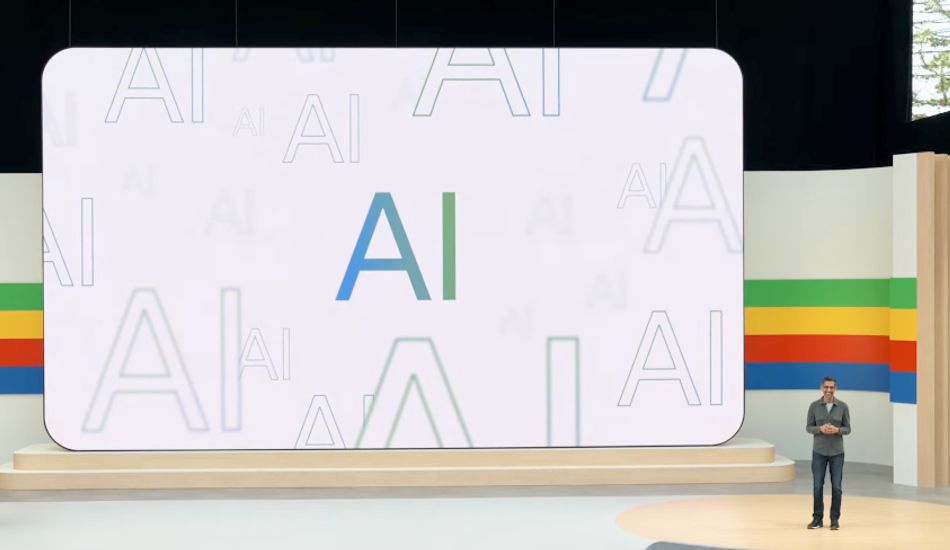
Google's AI Overviews Face EU Antitrust Complaint: Publishers Allege Revenue Loss
So, it looks like Google's AI Overviews are causing a bit of a stir across the pond. The Independent Publishers Alliance has officially filed an antitrust complaint with the European Commission, and things could get interesting.
At the heart of the matter is the claim that Google is essentially using publishers' content to power its AI summaries without proper compensation or consent. What's worse, the alliance is saying that Google Search is causing significant harm to publishers, and continues doing it, with traffic, readership and revenue losses.
If you're not familiar, AI Overviews are those AI-generated summaries that pop up at the top of some Google search results. The idea is to give you a quick answer without having to click through a bunch of links. However, publishers feel like this is cannibalizing their traffic because people are getting the information they need directly from the summary, instead of visiting the original source.
For publishers, this feels like a no-win situation. Either they let Google use their content and risk losing traffic, or they opt out of Google search entirely, which is basically digital suicide for most websites. They "do not have the option to opt out” of their material being used in AI summaries, unless they’re willing to disappear from Google search results entirely.
Google, of course, has a different take. They're arguing that AI Overviews actually create new opportunities for content and businesses to be discovered, enabling people to ask even more questions. They also say that claims about web traffic are often based on incomplete data, and that websites can gain and lose traffic for a variety of reasons. It's a valid point, as the internet landscape is always shifting.
It will be interesting to see how the European Commission handles this complaint. If they side with the publishers, it could force Google to rethink its approach to AI Overviews and how it uses content from the web.
Source: TechCrunch